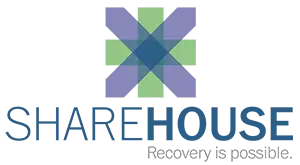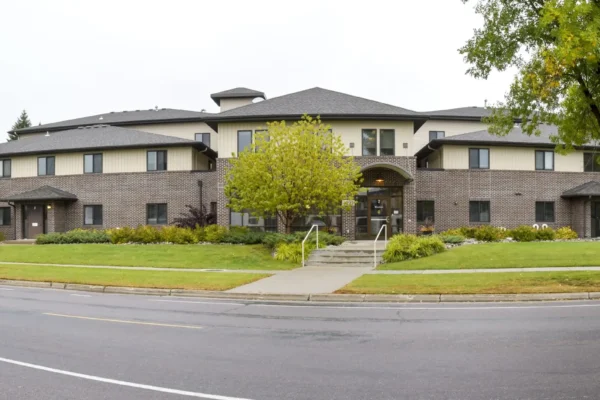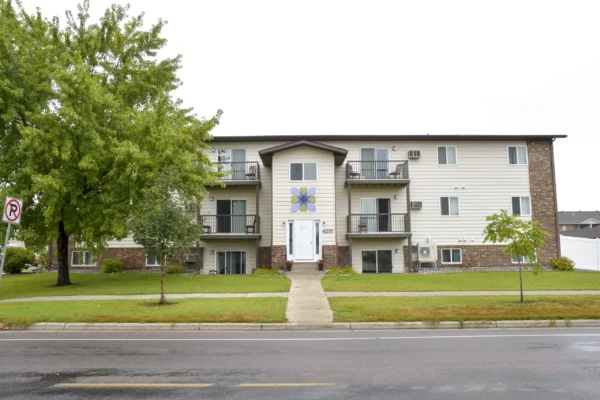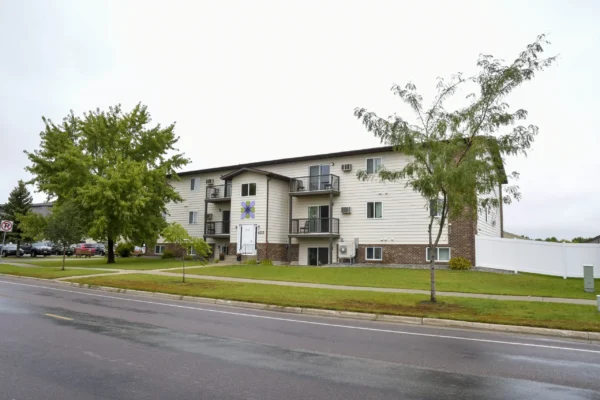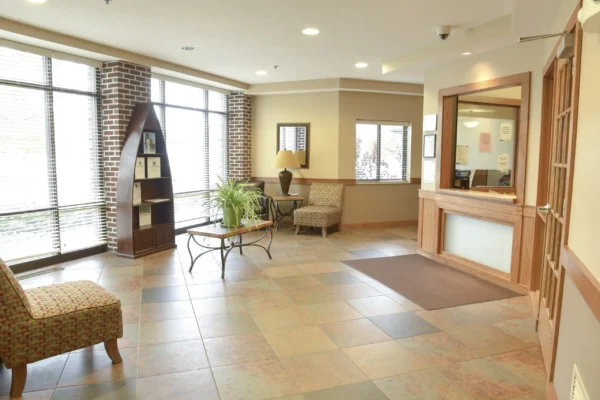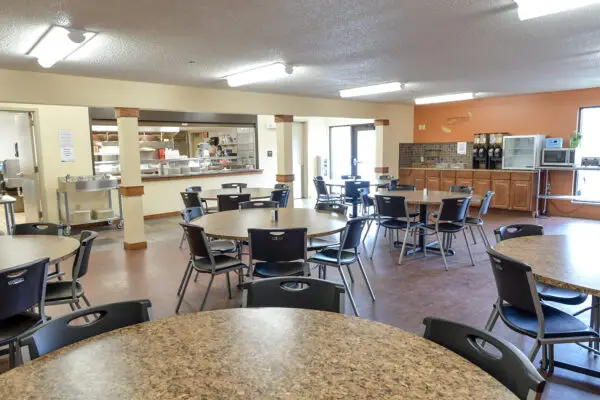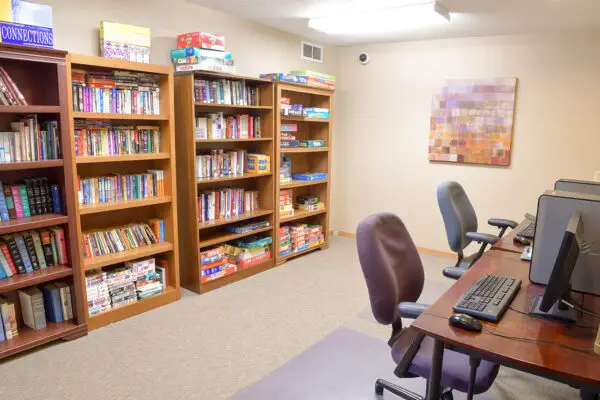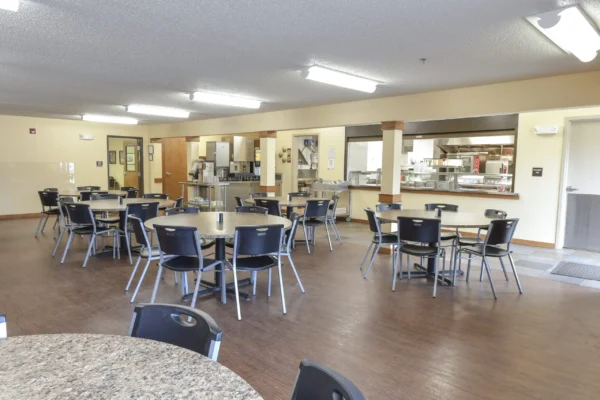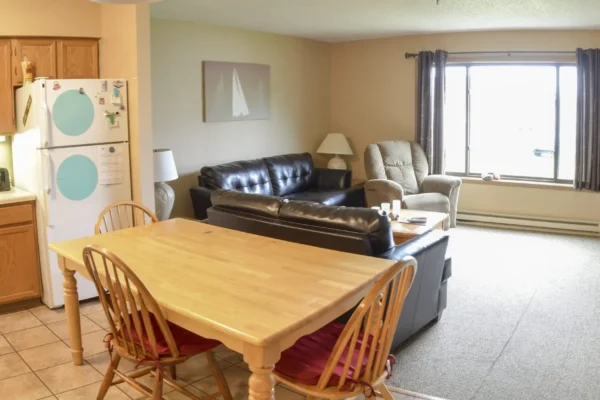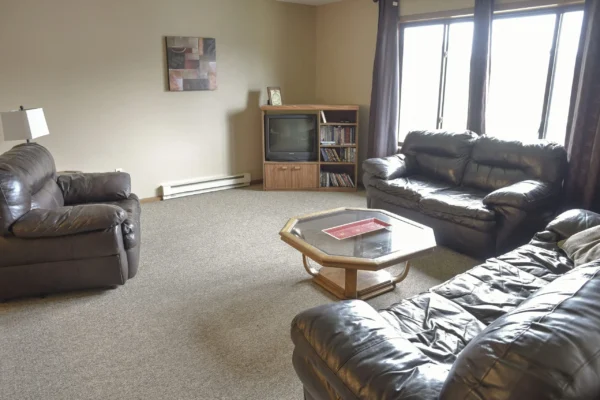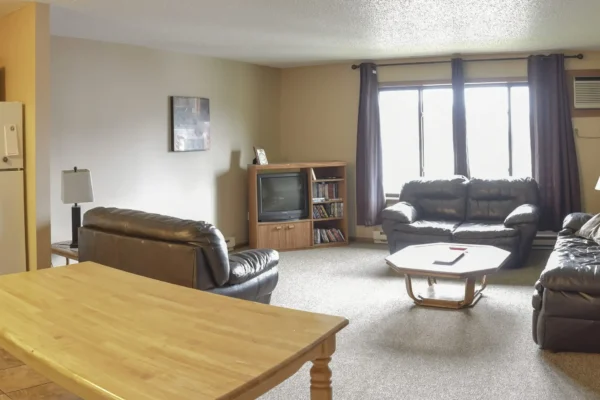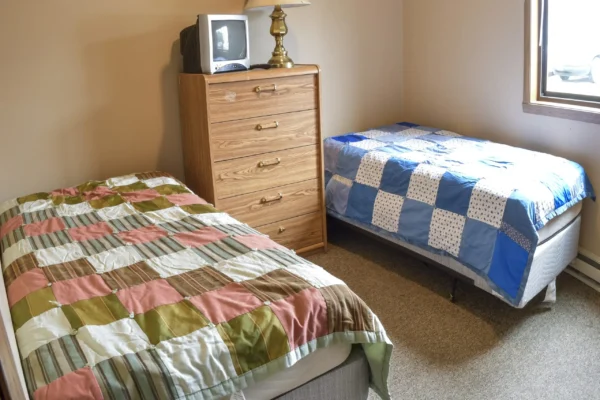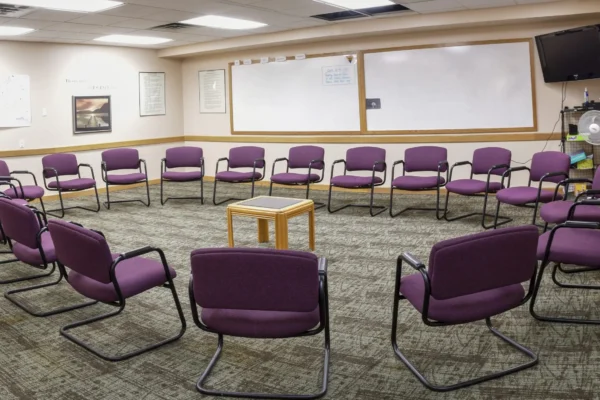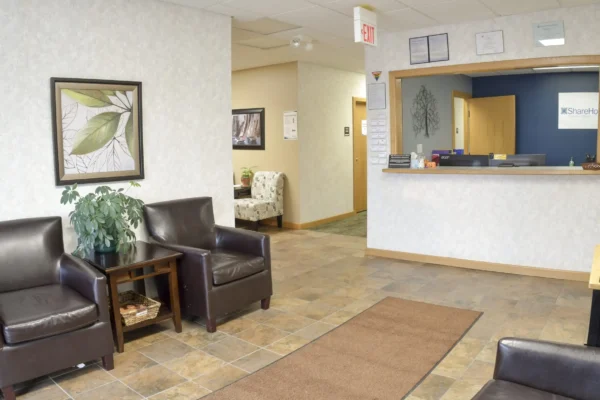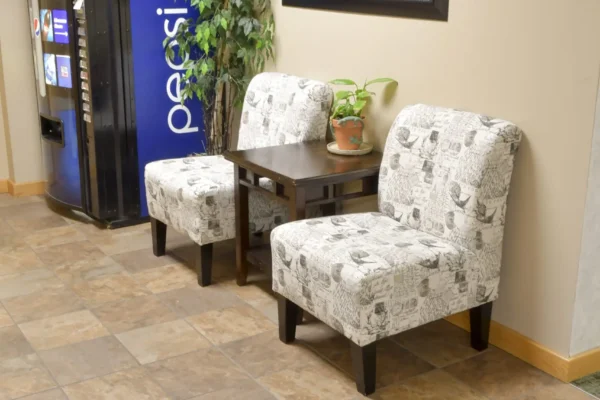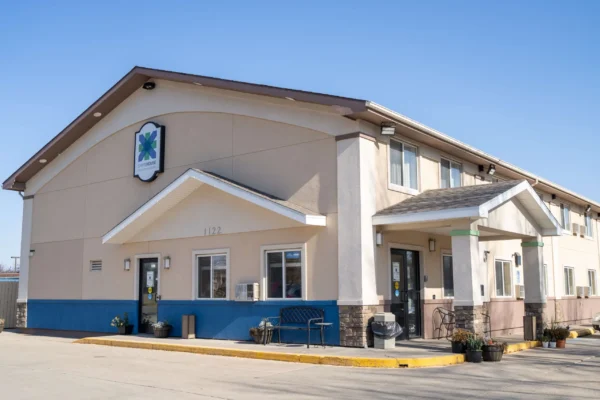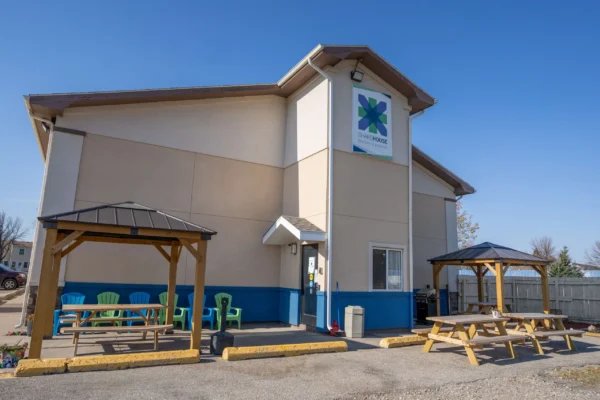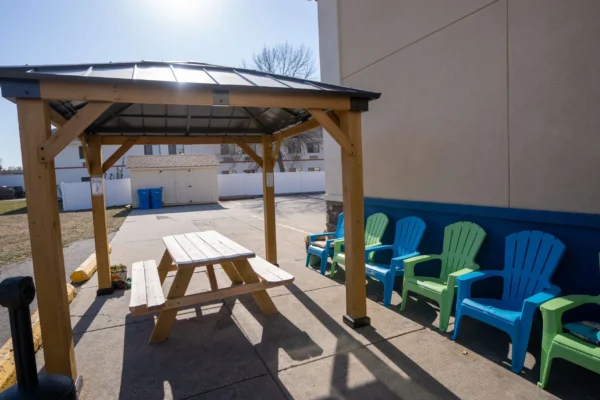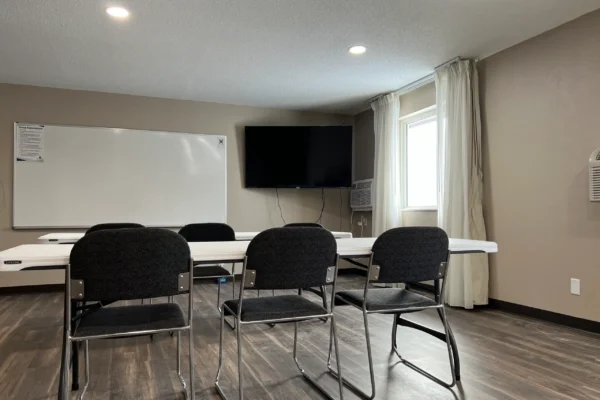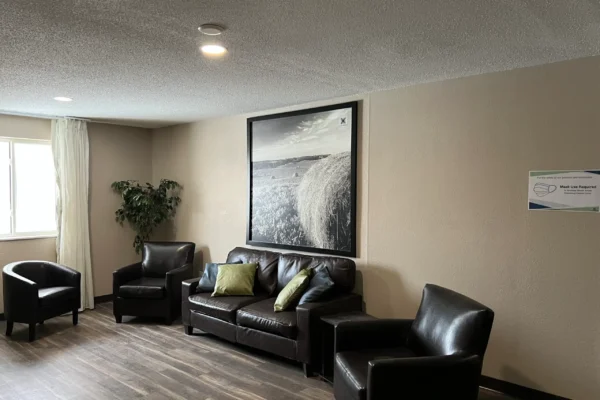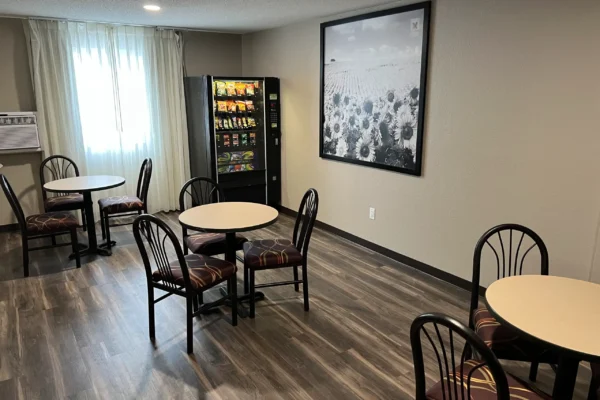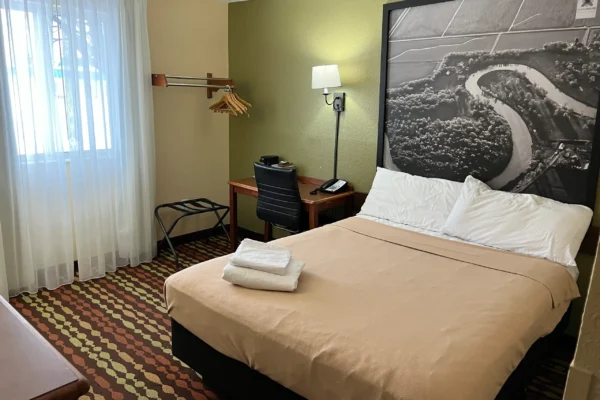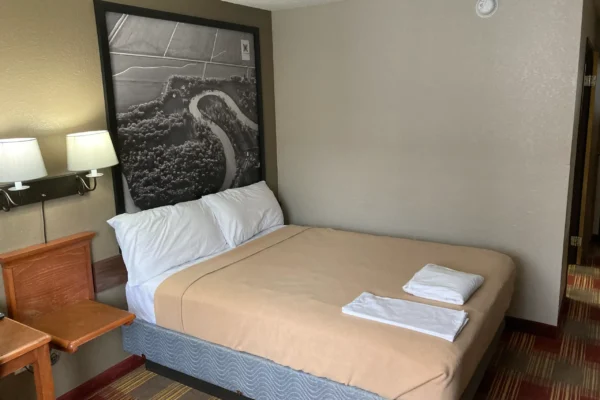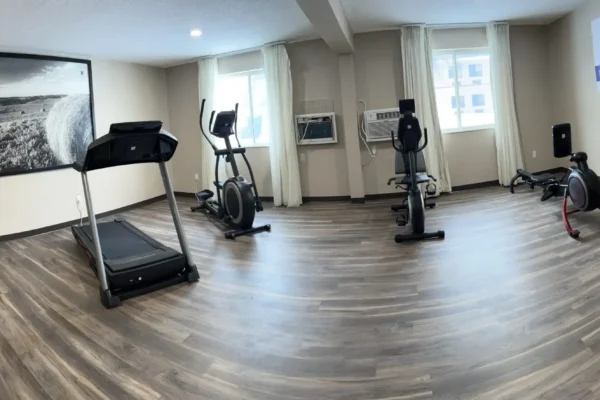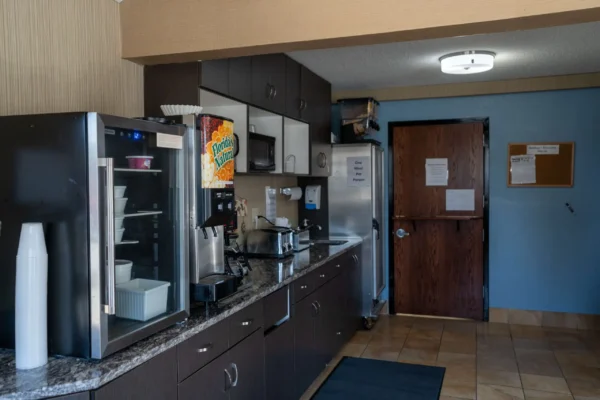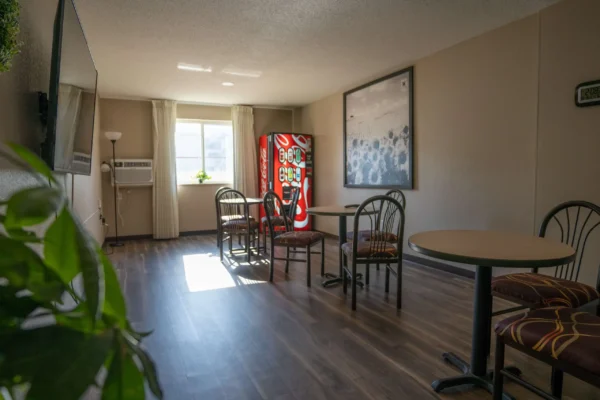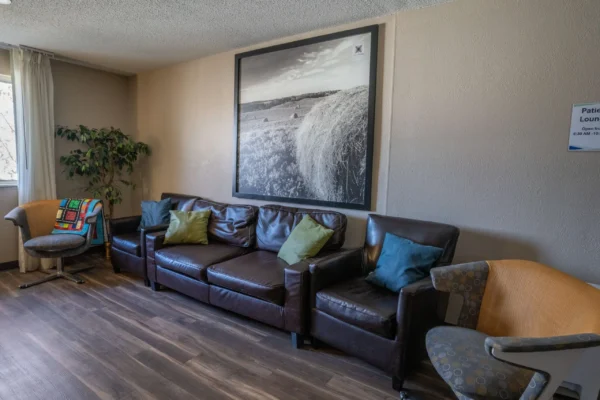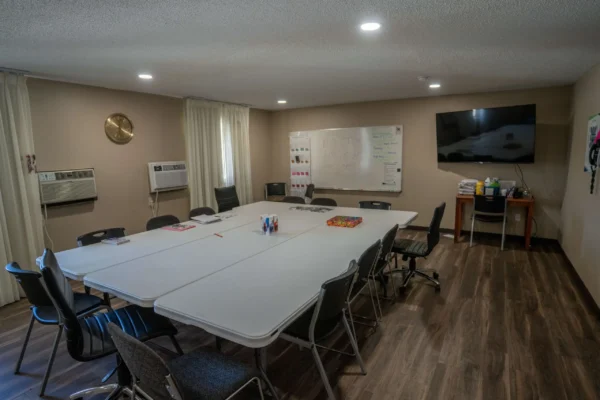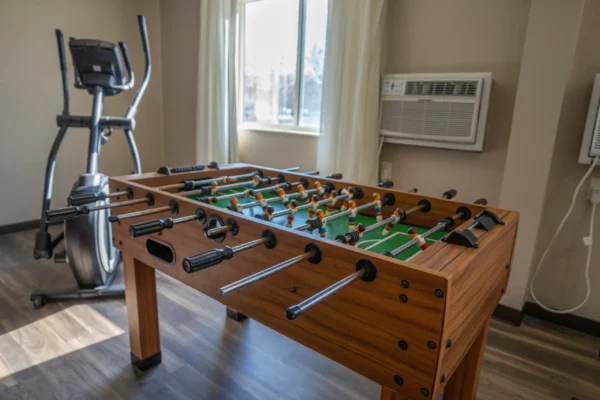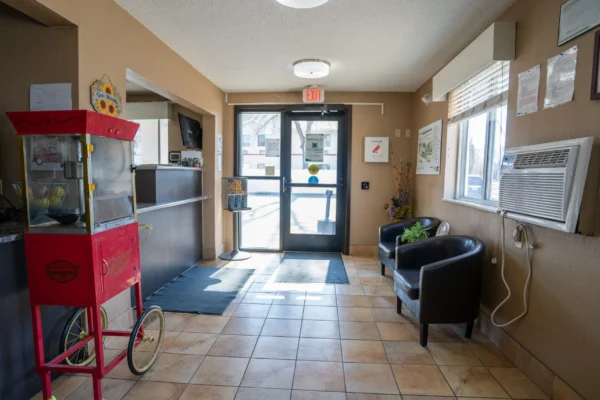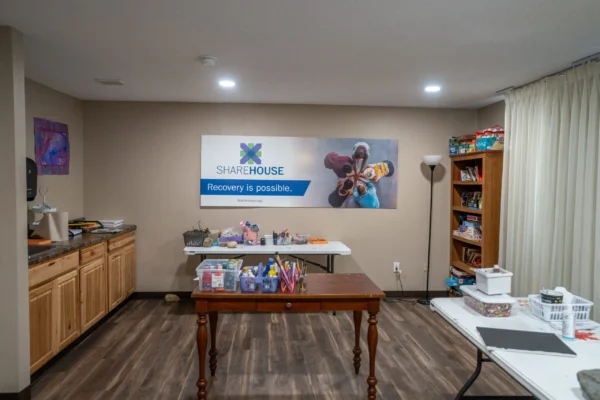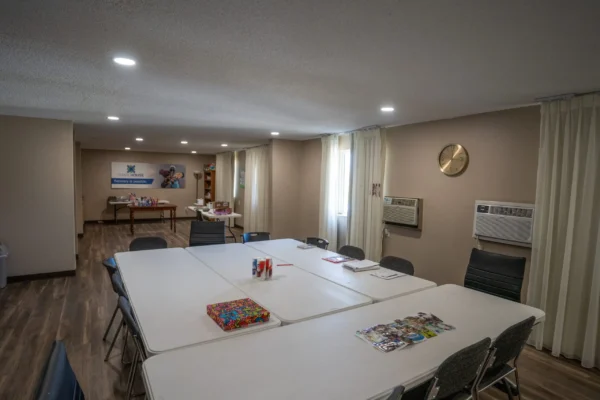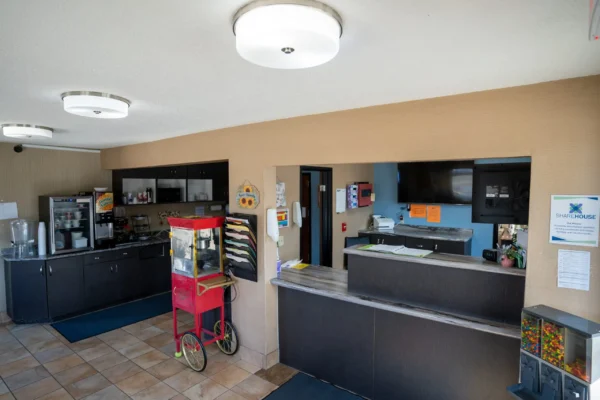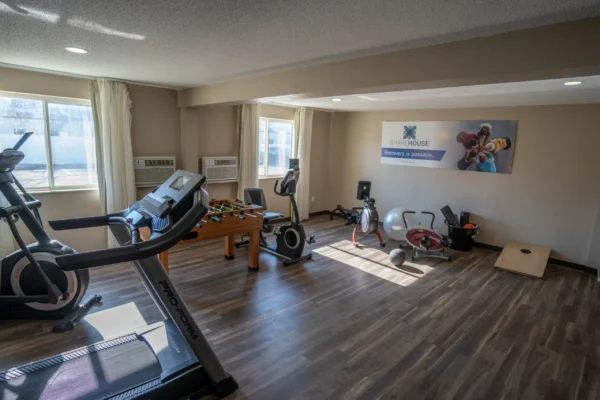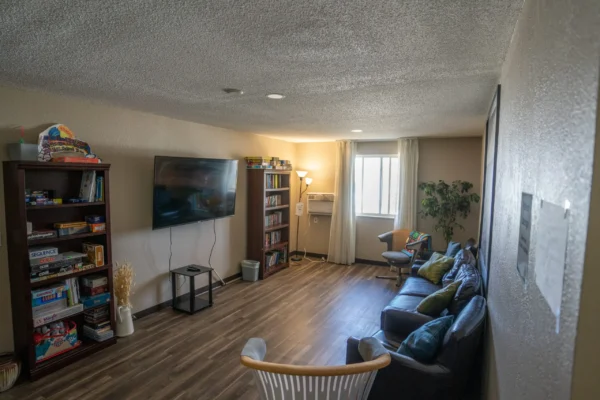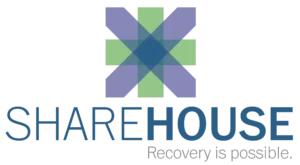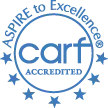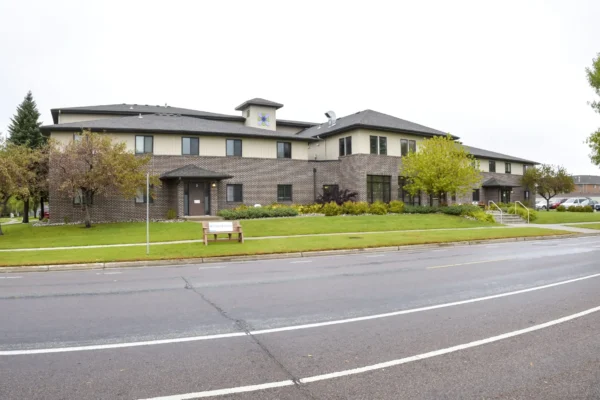
About
Residential Services
Recovery Is Possible
Have A Question?
Ask ShareHouseFargo
Grand Forks
Frequently Asked Questions
Not sure what to expect at ShareHouse? We’ve got answers to your most common questions.
What to Expect
Community Meetings
Group Therapy Meetings w/ Primary Addiction Counselor
Core Group Meetings w/ Nurse, Case Manager, or Mental Health Therapist
One on One Therapy
AA or NA Meetings
Gender Specific Residential Facilities
Fully Furnished Apartments
Full Service Cafeteria
Laundry & Cable Provided
Amenities
Wellness Room
Arts & Crafts
Gaming Center
Computer Center
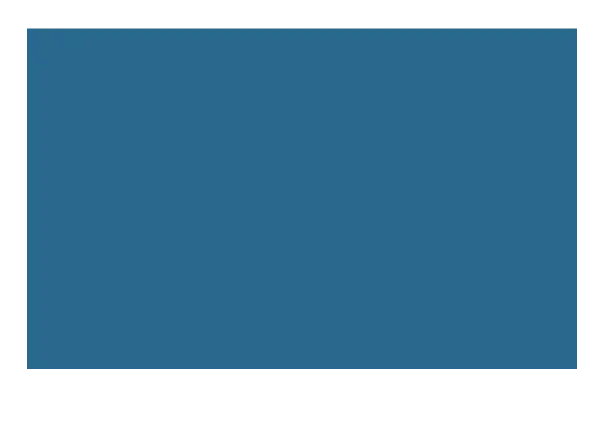
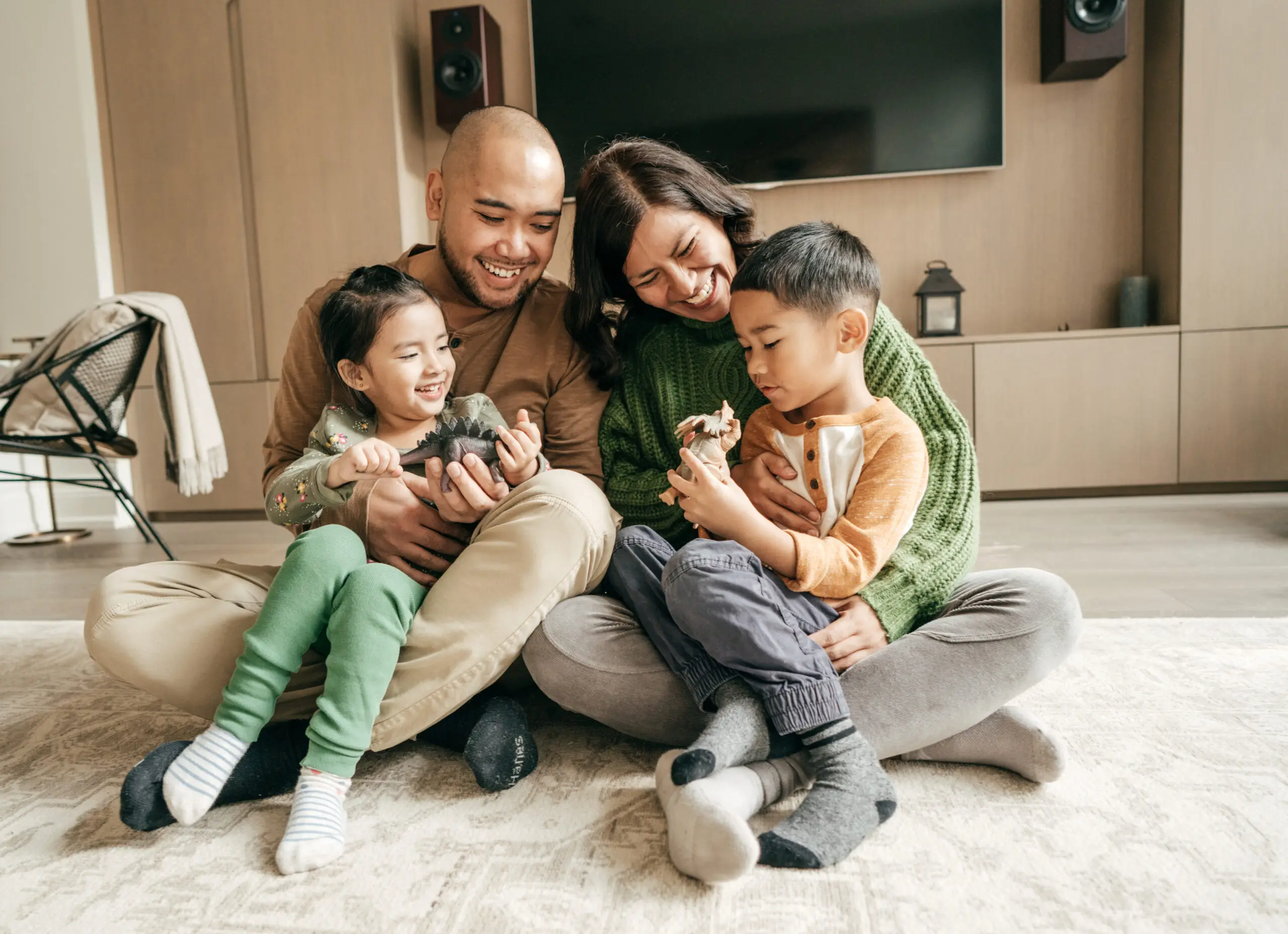
Residential vs Outpatient Care
During residential treatment, the patient stays at ShareHouse during clinical care. During Outpatient care the patient stays in their own home but goes to treatment during the day or evening.
About Treatment University
ShareHouse has gender-specific residential facilities; each facility offers 24-hour residential staffing. In Fargo, Patients will share a fully furnished apartment with up to 4 others.
Treatment University includes residential stays and an assigned number of hours per week of programming. Patients have a daily structured schedule that offers individualized treatment programming and involvement in Twelve Step recovery groups. Each Patient’s treatment program is developed to specifically meet their needs. Depending on the patient’s specific needs, there are over 20 different group types available.
A variety of groups are available to individualize a Patient’s recovery goals. At ShareHouse these groups are part of the Treatment University.
Patients will have a team of clinical professionals managing and providing their care. Each Patient is assigned a case manager as well as a licensed addiction counselor.

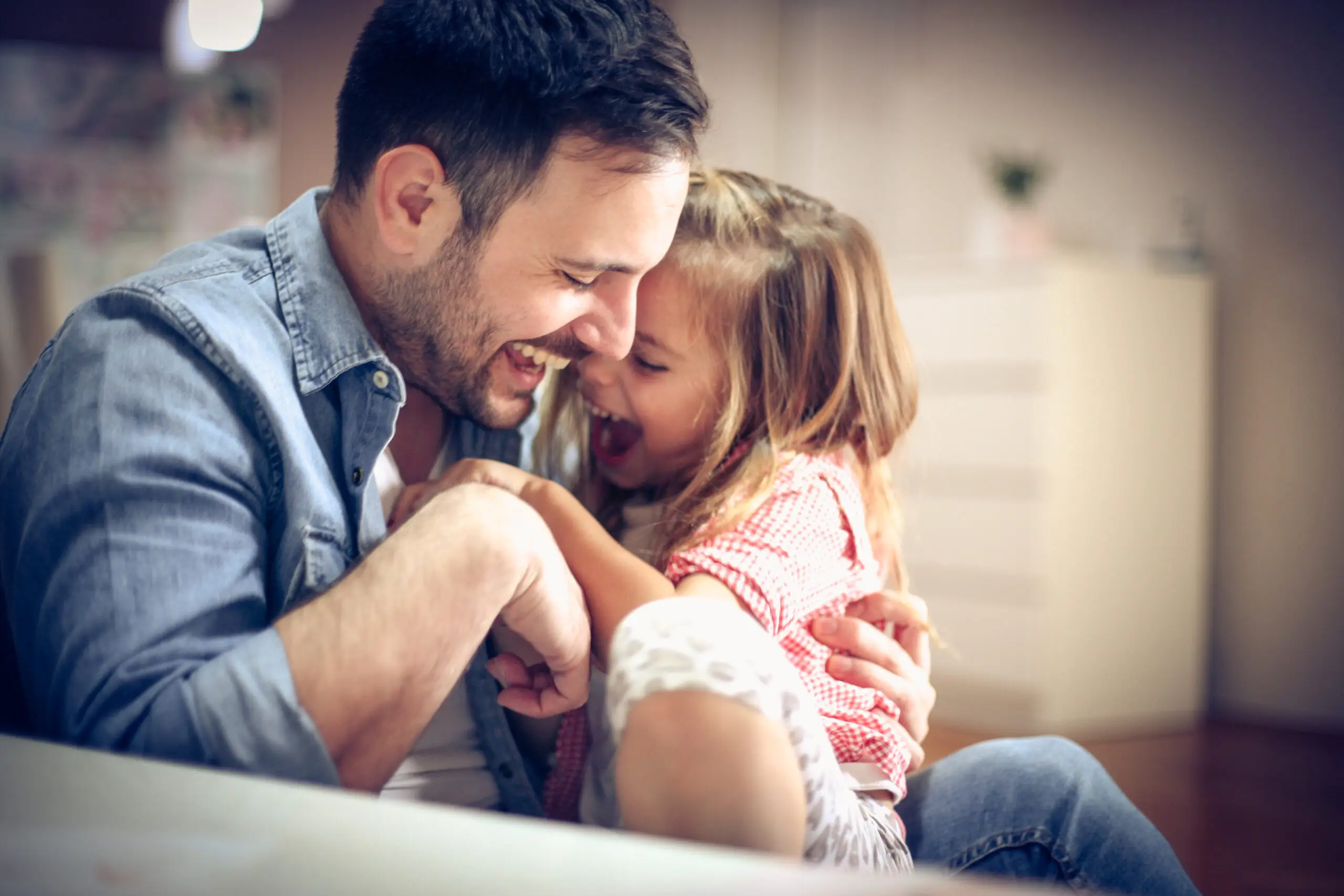
Virtual Tour
Since 1975, ShareHouse has offered advanced care for individuals needing services for Substance Use and Mental Health disorders. ShareHouse has 87 beds in an apartment-like environment with amenities like a wellness room, onsite spiritual care services, laundry, arts & crafts, gaming room, computer room, and food services. ShareHouse’s Residential services are personalized to meet the needs of each individual through utilization of a Treatment University. ShareHouse is able to offer a range of levels of care including Partial Hospitalization and Recovery Living.
Treatment University Groups
Community Meeting (Gender Specific)
This group is designed to be a positive starting point for each client’s day. Clients are encouraged to state a goal for the day, things they are grateful for, and/or how they are feeling
Core Groups
The Core Group is offered 5 days per week. Clients meet as a group with their primary LAC and clients have an opportunity to address their issues, concerns, and successes all related to treatment and recovery while in a supportive group of peers. Clients learn and/or share about issues related to the effects of substance use/abuse on their bodies and mental health conditions/co-occurring disorders. Case management and recovery environment information are also provided if needed.
12-Step Recovery Group
12 Step Recovery is an elective group that gives clients a brief overview of the sober support group meetings of AA and NA. Clients are also educated on alternative support group meetings such as SMART Recovery, Celebrate recovery, Refuge Recovery and more
Distress Tolerance Skills
This elective group builds skills in tolerating distress by utilizing skills found in the DBT skills book.
HIR Group
This group is for clients in High Intensity Residential Treatment and is designed to support and encourage continued sobriety during the treatment process. Time is spent discussing and processing weekly issues, situations or potential triggers that arise during early recovery.
Intro to Family
This is an elective psycho-education group utilizing family-systems theory to educate clients on the impact addiction has on important relationships, including family members and loved ones.
Recovery Essentials Group
This group is primarily directed to those individuals in high intensity residential treatment. It places a heavy emphasis on developing recovery skills to resolve problems, the disease concept of addiction as “an illness of the body and mind,” and a formula of using a 12-step program to treat the symptoms of the disease. Some of the topics covered include triggers, cravings, relationships in recovery, 12 step/other mutual support groups, family support, emotions and feelings, anticipating/ preventing relapse and other recovery skills important to continued sobriety.
Recovery Principles Group
This elective group uses the Hazelden Model as an instruction guide to recovery, especially in its early stages. It places a heavy emphasis on developing recovery skills to resolve problems and issues the individual would likely experience in recovery. Some of the topics covered include the Jellinek Chart, triggers and cravings, euphoric recall, relationships in recovery, 12 step/other mutual support groups, and anticipating/ preventing relapse and other recovery skills important to continued sobriety
Recreation
This group is for clients in high intensity residential treatment and is designed to show clients that they can have fun in sobriety. Clients and/or staff choose an activity each week and are chaperoned by staff to this activity.
Relationships Group
This is an elective group that focuses on relationship dynamics. Clients learn about healthy boundaries, healthy vs unhealthy relationships, and learn how to effectively deal with conflict in relationships.
Seeking Safety
This elective group is based on the Shame-Resilience Theory and the Connections curriculum by Brene Brown. This group is designed to help those in recovery to recognize and understand shame in order to create their own resilience to shame.
Spirituality group
This elective group is focused on expanding individual spiritual development. It is not based on religion. However, some individuals might find religion is a strong component to their spiritual beliefs. The individuals in the group are encouraged to explore the spiritual side of their beliefs and values. Everyone’s belief is respected, including those that are not spiritually minded
Thinking For Change
This elective group is an integrated, cognitive behavioral change program that includes cognitive restructuring, social skills development, and development of problem-solving skills.
Treatment Tips
This group is an orientation group to the facility, staff, and the roles they have at ShareHouse in addition to skills needed to benefit from group psychoeducation and treatment. The group also covers appropriate and inappropriate behaviors in group treatment.
